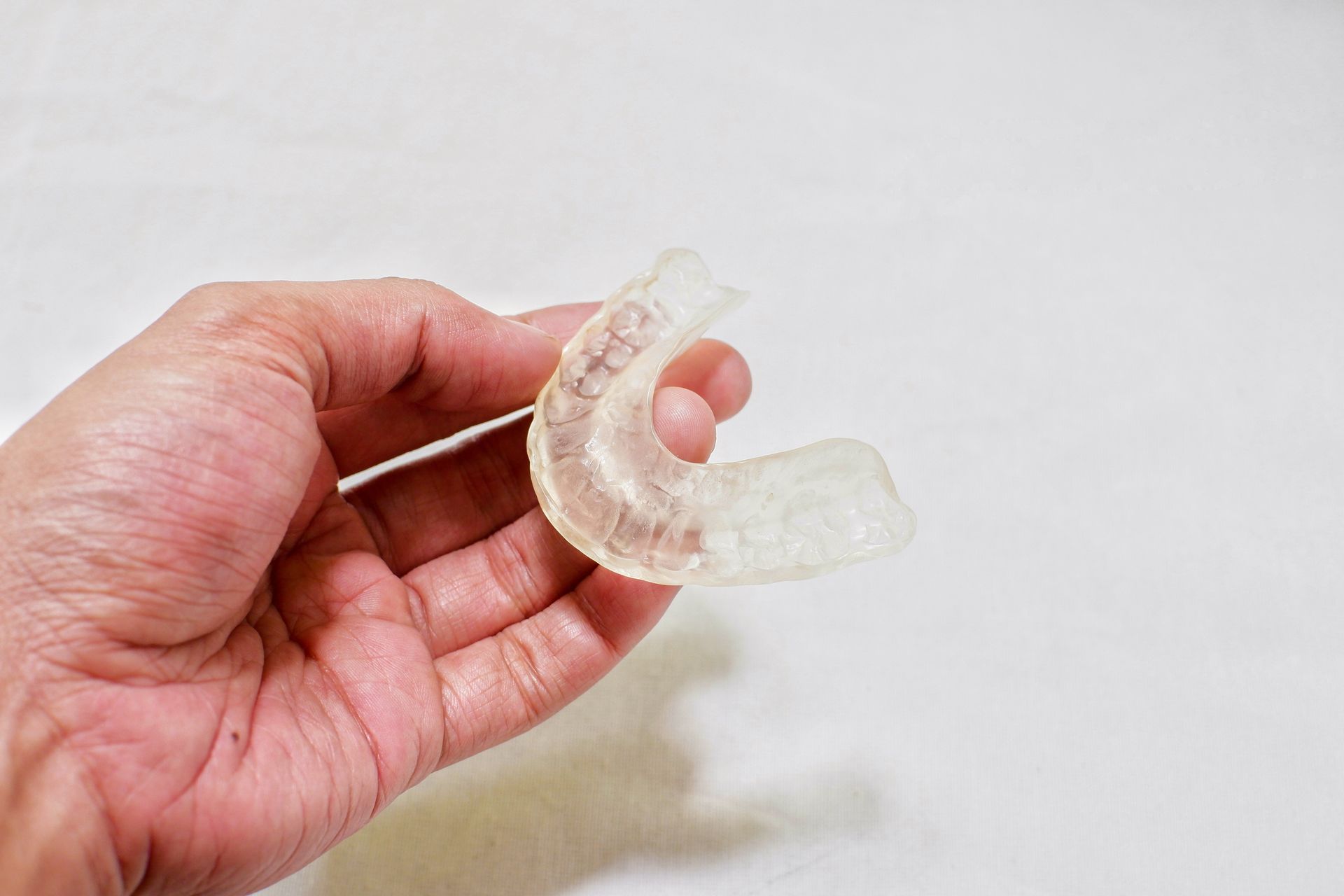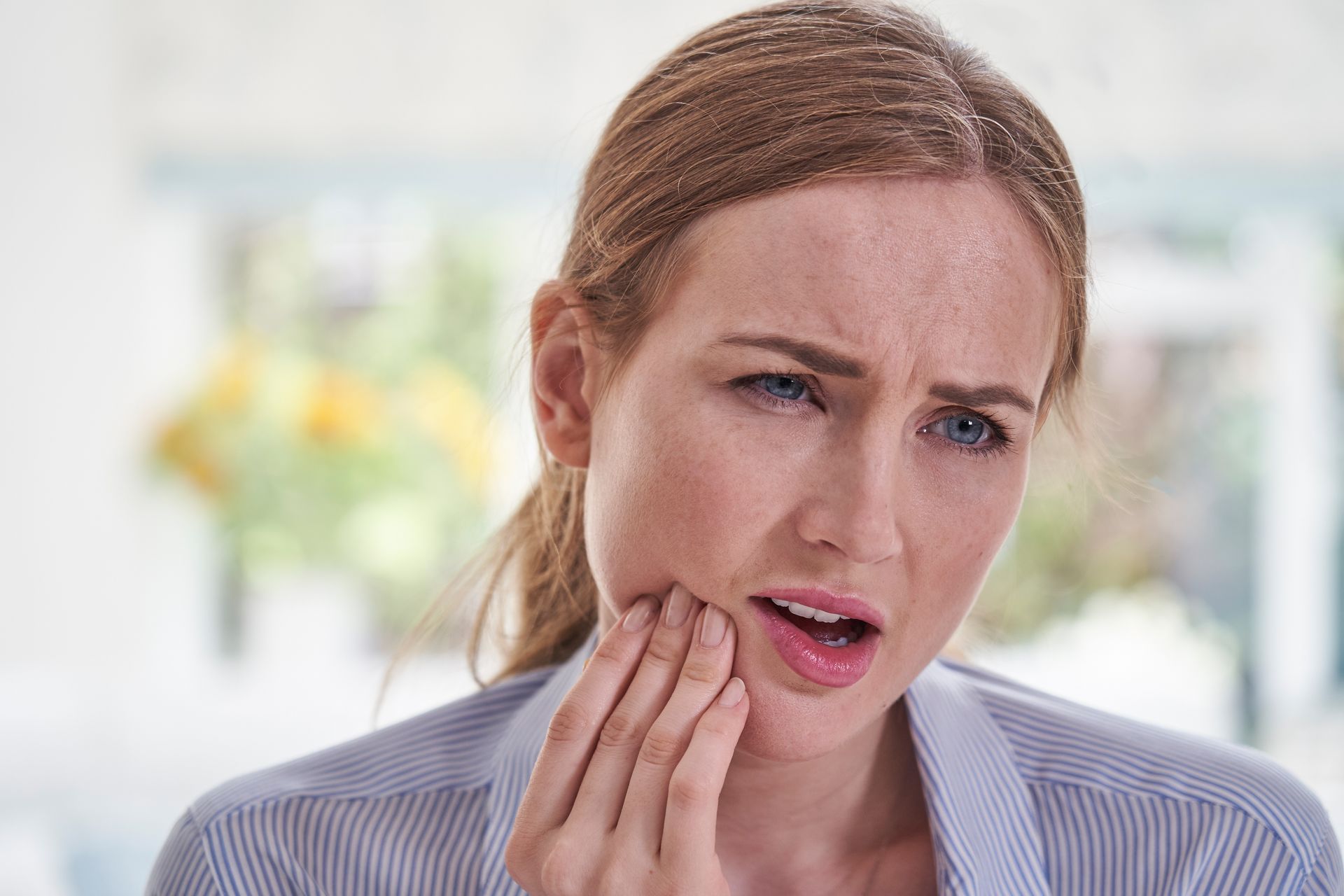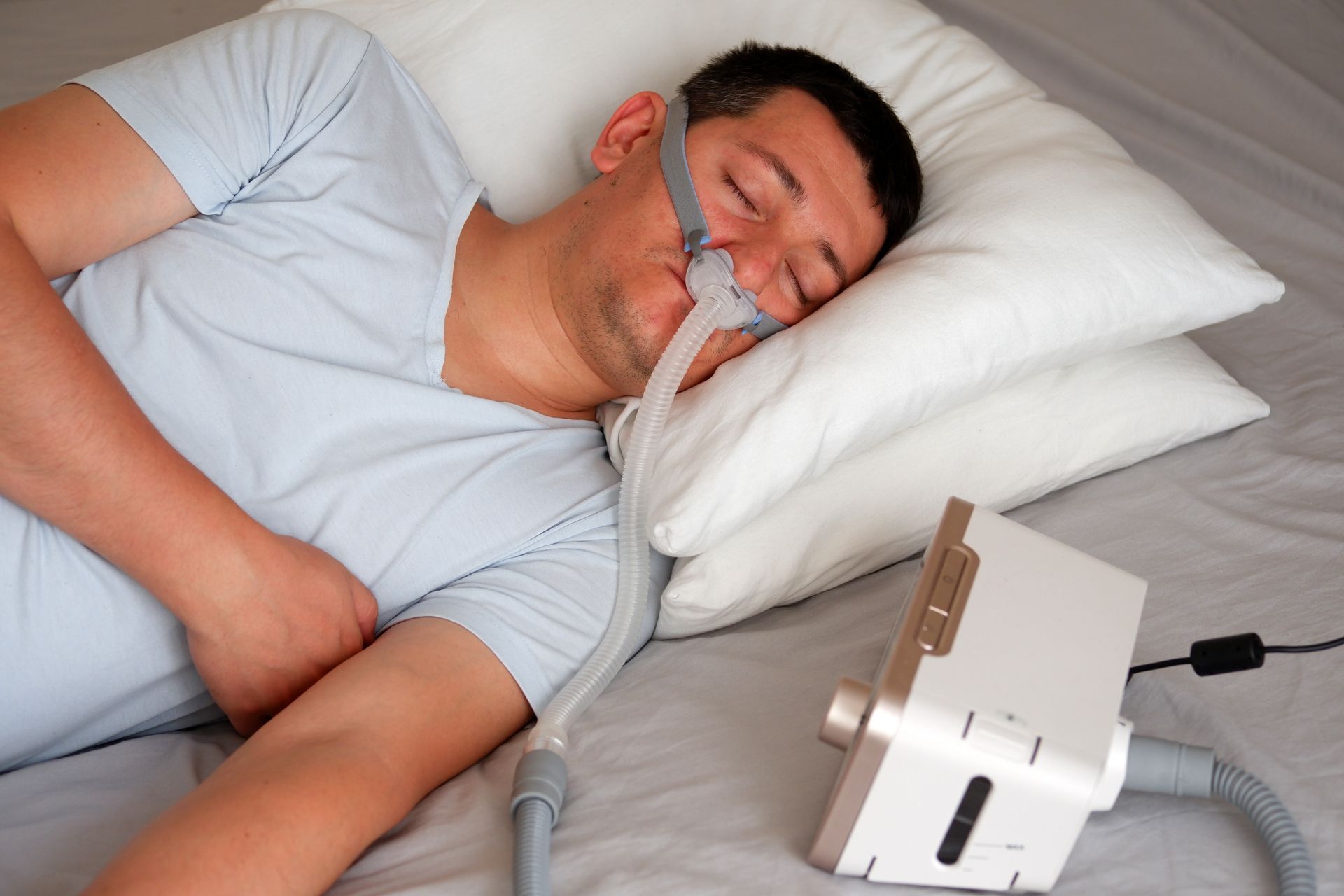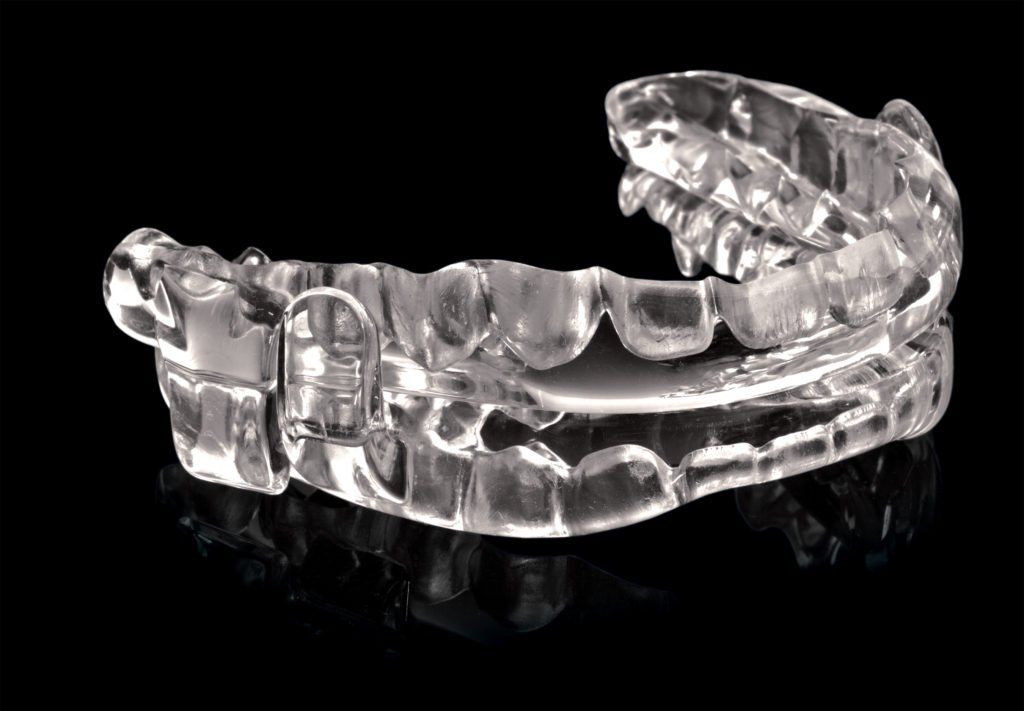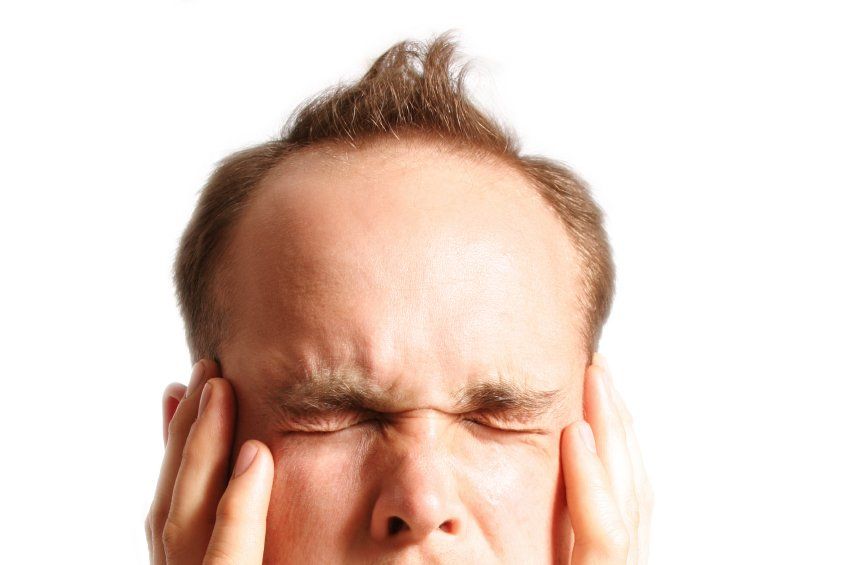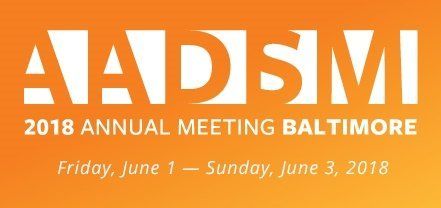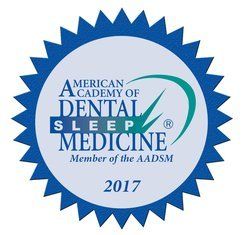The standard of care in any treatment of any disorder a Dentist does in his practice is the standard by which it is done in the dental community. There are two aspects in standard of care. One is legal and the other is liable. These are not the same.
What is legal is what the Dentist is able to do within the context of the state regulations as outlined by a state dental board and state legislature. These legal parameters of practice are fairly broad and easily understood by the Dentist and the legal profession. The legal aspect of standard of care does not really define “standard of care.”
Liability does influence the standard of care. What a Dentist does in treating patients is open to interpretation from not only his colleagues but also from the legal profession. This is a much more flexible and fluid parameter of practice. It is one that every Dentist keeps in mind when he is practicing; however, this should not be the driving influence of the decision process the Dentist makes during his day.
What I believe the standard of care in a profession has to do with, is the ethical standards the profession puts out. The ethics involved in standard of care is at a much higher level, in my mind, than the legal or liable. A deep large discussion of ethics is beyond the context of this web blog; however, it can be stated that the ethics of any profession should be based on transcendent absolute truths. We are created by God and God has revealed truth to man. These are certain truths that pertain to the way man has relationships with each other and especially in the context of a doctor and patient relationship. These truths are then integrated into the ethics of all the profession. These truths should be what drives a profession and the way it relates to each other and to patients.
But in this modern day, ethics have changed to become a man-to-man agreement. These ethical standards that are established between men are hoped to be the highest level of quality that can possibly be understood. Transcendent truth may or may not be involved. So this is what we have today. Therefore when a Dentist is treating his patients, he has tried to treat them at a high ethical standard that the profession has established.
How does this relate to TMD or
sleep medicine? I believe it is the highest ethical standard when a practicing Dentist properly diagnoses any disorder within the legal realm of his professional abilities. TMD and sleep is within this legal realm and therefore I believe it is highly ethical and necessary for a Dentist to become efficient at diagnosing these disorders. It is not necessarily the ethical standard of a Dentist to have to treat these disorders. Like all aspects of Dentistry, it is something that he decides to treat himself or not. If he does decide to
treat a particular disorder like TMDand Sleep, he needs to learn as much as he can about treatment modalities and grow in his understanding, the knowledge, and experience of treatment of these disorders.
My concern is when a Dentist decides not to diagnose these disorders and the patients are left untreated. Beyond the ethics, consider what liability a Dentist put himself into when he is denying the patient access to proper diagnosis of a potentially life threatening medical condition. That is what drives me to teach Dentists about Sleep medicine and TMD. I believe Dentists need to understand the significance of these disorders
and to diagnose them, then to get them into treatment, either in his practice or refer them out. That I believe is the ethical standard of Dental Practice today.
-2700x842-1920w.png)






